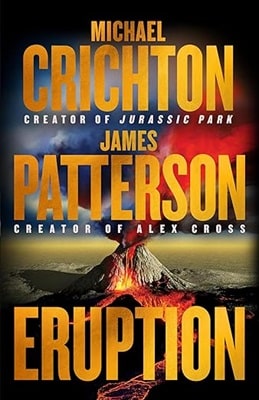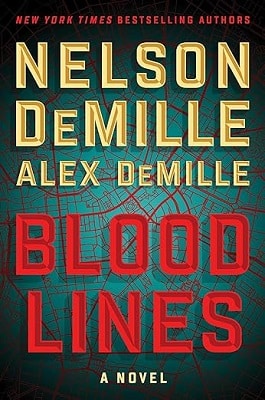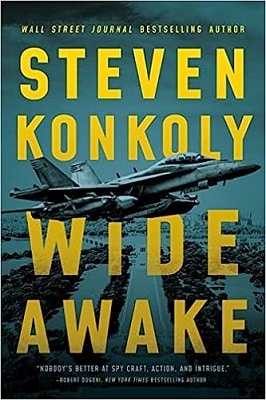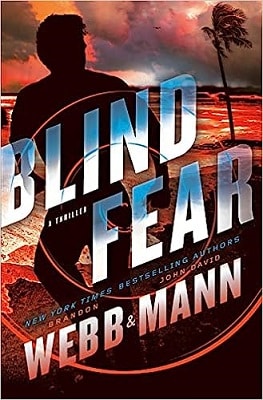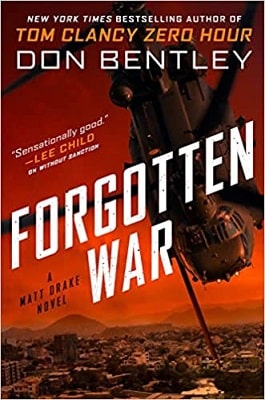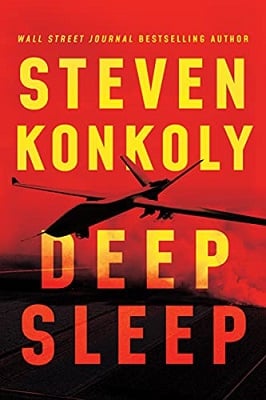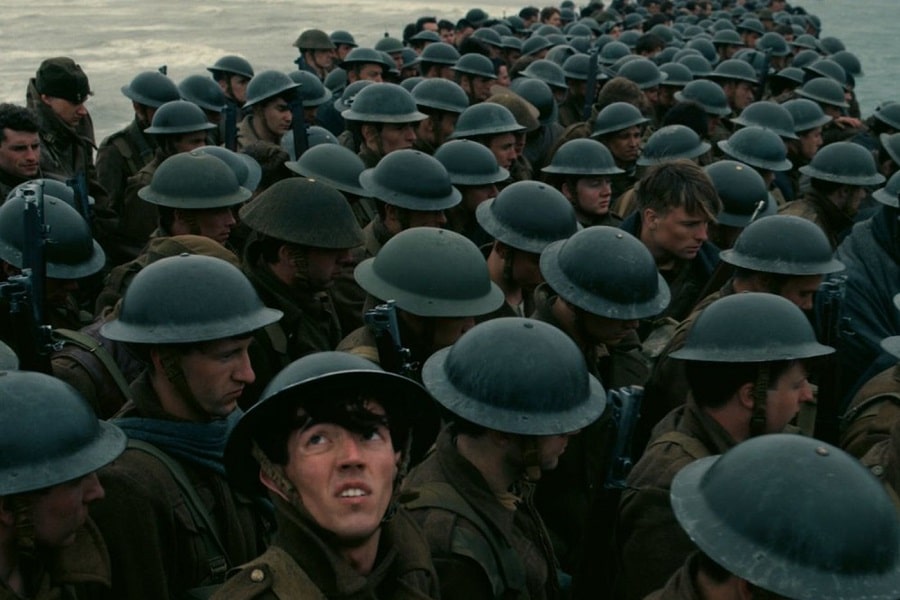
Decoding Military Thrillers
Let’s take a minute to picture a thrilling chase on the wind-swept streets of Istanbul, a cryptic clue found in the heart of the Smithsonian, or a tense courtroom battle over a century-old secret. It’s invigorating, right? Now, amplify this adrenaline rush tenfold and plunge it into the high-octane world of military operations and geopolitical complexities. That, fellow thrill-seekers, paints a rough sketch of the military thriller genre, a riveting crossroads where popular literature meets Hollywood blockbusters.
At first glance, the stakes in military thrillers may appear similar to other genres. There’s always a mission, a villain, and a hero, isn’t there? Yet, beneath the surface, lies a labyrinth of differentiation. Military thrillers distinguish themselves not only through the size of their stakes but also their intrinsic nature.
It is indeed a truism that stories thrive on conflict, yet, the uniqueness of military thrillers stems from their grand scale of conflict, invariably escalating into national or global ramifications. The labyrinthine conspiracies, the doomsday weapons, the rogue states, and the high-tech espionage at the heart of these narratives are not just threats to a single protagonist or a particular society; they endanger global peace. The fall of one card here risks toppling the entire house of cards, invoking a pervasive sense of universal jeopardy.
Moreover, the stakes in military thrillers carry a tangible weight of reality. The threats they showcase, the world they inhabit, often spring from real geopolitical tensions and military realities. When the narrative teases a nuclear standoff or a terror plot, it awakens a subconscious dread, one born out of the evening news and cautionary tales from history. The result is a vivid theater of suspense, deeply grounded in the world outside the book or the screen.
Navigating this unique canvas of heightened and realistic stakes, military thrillers have bestowed upon their audiences a collection of narrative high points. A notable mention in this context would be Tom Clancy’s “The Hunt for Red October”. This game-changing novel tosses its readers into the heart of the Cold War, with a top-secret Soviet submarine going rogue. The high stakes of nuclear warfare coupled with the larger-than-life characters make this military thriller an exemplar of high stakes.
The world of cinematic military thrillers offers equally captivating examples. Kathryn Bigelow’s “Zero Dark Thirty” is an unforgettable dive into the decade-long hunt for Osama Bin Laden. The film effectively conveys the high stakes involved in the operation, not just for the SEAL Team and the CIA operatives, but also for a world gripped by the horrors of terrorism. It showcases a military operation’s cascading impact, adding a layer of gravitas to the genre’s stakes.
Speaking of gravitas, it is hard to overlook Christopher Nolan’s “Dunkirk”. This war film transcends the typical action-centric focus of military thrillers, highlighting the harrowing reality of war and the price of survival. The stakes here are not only individual lives but also the essence of hope and perseverance amidst dire adversity.
Moving back to literary examples, Nelson DeMille’s “The General’s Daughter” explores the high-stakes world of military cover-ups and the lengths to which one might go to preserve honor and reputation. The military establishment’s portrayal shows that the stakes are not always about grand battles or deadly weapons. They could be as personal and profound as the fight for integrity, truth, and justice within the system.
In the dazzling galaxy of genres, military thrillers, with their enormous and authentic stakes, have carved a unique niche for themselves. They take their audiences on a roller coaster ride of suspense and thrill, seamlesslytransitioning from gritty battlefields to clandestine war rooms, echoing with the mantra of “failure is not an option”.
Military thrillers are not just about valiant soldiers, cunning spies, or ruthless villains. They are about the vast network of stakes tethered to these characters, their actions, and the repercussions. High-stakes in military thrillers resonate with an amplified echo, as they represent a collective peril rather than individual danger.
These narratives, woven with high tension and precision, serve as a mirror to the intricate world of international relations, espionage, and warfare. They bring to the forefront the shadowy theaters of war, the unsung corners of courage and sacrifice, presenting an immersive experience that leaves their audiences gasping, speculating, and marveling at every twist and turn.
From the maze-like intrigue of “The Hunt for Red October” to the real-world resonance of “Zero Dark Thirty”, and the nuanced stakes of “The General’s Daughter”, military thrillers continue to redefine the scope and scale of stakes in storytelling. These narratives do not just craft a thrilling tale; they offer a startling exploration into the multi-layered, high-risk game of military operations, geopolitics, and the human psyche.
Through the enticing, vivid, and often brutal landscapes of military thrillers, audiences traverse the fine line between fiction and reality. And it is in this delicate balance, amidst the whirlwind of high stakes, that the true genius of the military thriller genre unfolds, reinforcing its distinct and enduring appeal. Whether on paper or on screen, the power of military thrillers lies in their ability to make the stakes global, tangible, and nerve-wrackingly real, transporting their audiences into a world where every second counts, and every decision could tip the balance.
More Military Thrillers
advertisement
More Military Thriller Features
Delta Force
Delta Force in Thrillers
The Military Thriller Genre
What makes a military thriller, and why they’re beloved
Black Ops in Thrillers
Elements of Black Ops in Fiction

